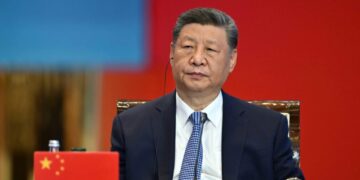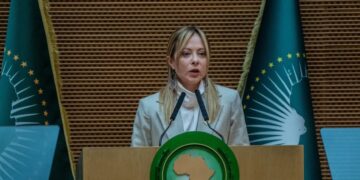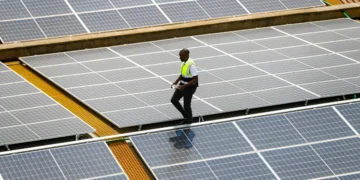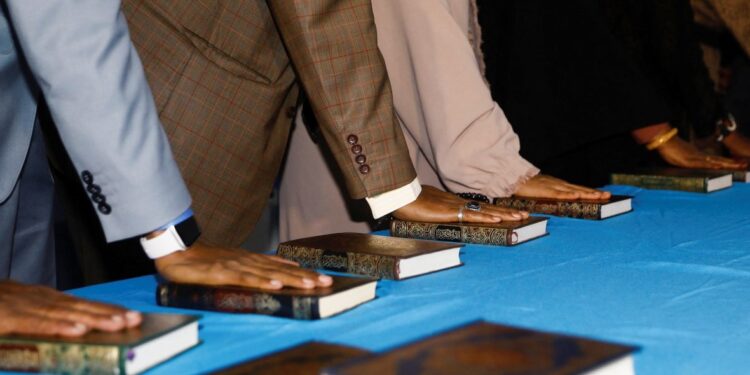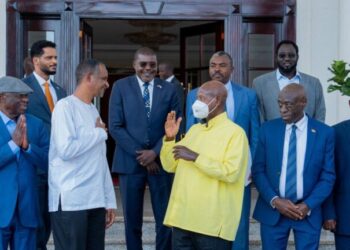By John Ikani
Hundreds of Somali lawmakers were sworn into office on Thursday, paving the way for them to pick the country’s new leader, a process that has been delayed for months amid a power struggle between the current president and the prime minister.
Somalia is in the grip of a brutal insurgency lead by al Shabaab, an Islamist group linked to al Qaeda, and tens of thousands face famine after years of failed rains and soaring food prices caused in part by the Russia-Ukraine War.
On Thursday 250 of the 275 parliamentarians took their oaths of office alongside 40 of the 54 senators at the heavily fortified African Union military base in the capital Mogadishu.
The process of choosing lawmakers, who are picked by clan elders rather than direct election, was riven with threats and bloodshed, including the killing of a young female candidate, Amina Mohamed, who was a vocal critic of the government.
“We have faced challenges and endured attempts to stop us from reaching this day but I am very happy that I am witnessing this occasion today,” Prime Minister Mohamed Hussein Roble said at the ceremony.
“I congratulate the new legislators who I hope will help the country overcome the current difficult situations.”
Dozens more legislators are yet to be selected and sworn in.
Later the lawmakers will elect speakers and deputies for both parliamentary chambers before they sit to choose a new president.
In case you missed it
Somalia’s parliamentary and presidential polls were delayed for more than a year amid political turmoil after President Mohamed Abdullahi Mohamed’s mandate expired in Feb. 2021 without a successor in place.
A bitter spat between Roble and the President better known as Farmajo hobbled the elections and stoked fears of further instability in the Horn of Africa country which is also battling a decade-long Islamist insurgency and the threat of famine.
Farmajo’s term expired in February 2021 before fresh elections were held and his efforts to remain in power by decree were fiercely opposed and triggered armed clashes in Mogadishu.
To avert a crisis, and under pressure from the international community, he appointed Roble to negotiate a way towards concluding elections in a timely manner.
But the pair squabbled over authority, often embroiling in public quarrels over hirings and firings in the upper ranks of government.
The election has lurched from one crisis to the next, with deadlines passing unmet, while fighters from the Al-Qaeda-linked Al-Shabaab Islamist militant group waged a number of deadly attacks during the voting process.
The delay raised political tensions and the threat of violence in a country prone to attacks by Islamic extremists who oppose the federal government.
A date for selecting a new president is yet to be set, but a new government must be in place by May 17 if the Horn of Africa country is to continue receiving budget support from the International Monetary Fund, the lender said in February.





















